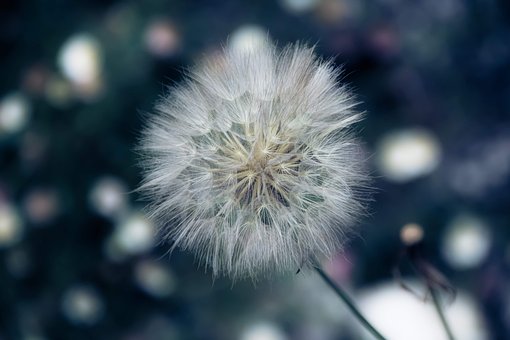
Sensitivity & Isolation
For a very long time, I blunted my sensitivity. It left me open to being hurt. I had to learn not to be responsive to being receptive. I adjusted my interactions with the world to protect me from it.
My entire life revolves around prevention. My cells have memorized every pang of suffering, and I can feel them turn many moments before a situation will get to the place of inflicting it. There are patterns to everything. Movement is just another behavior.
When I look back at any success I had in sport, I was using this skill in specific context. Though I attributed it to work ethic and the willingness to do what others wouldn’t, what I really excelled at was timing. My anticipatory instincts allowed me to read and manipulate others’ actions. I could control space. I had practiced it both literally and metaphorically since I could understand anything.
Playing team sports placed people around me, but it was directed toward a larger goal. I wanted to get better at this and I needed others to do so. Having to do everything minimized individual development. I could focus on getting the ball if others were more interested in scoring. Still, I never learned my teammates’ tendencies as well or as deeply as my opponents’. They were outside my bubble of responsibility. I was more interested in real-time analysis — it is more truthful and telling than trusting statistics.
I have never been a fan of ‘supposed to’s. Studying ‘what is’ always made more sense. It was also based on what you decided to pay attention to. It created your reality and crafted your perception. You could live in a place that was fully controllable, and exactly as you wanted.
As long as you were also proficient in using the current socio-economic structure to provide for yourself, you could keep expanding the territory of your internal kingdom. You could invite others in without worry or danger. Your self-preserving engineering was ten-steps ahead, and invisible, so no one ever asked or beckoned you to explain. It, as you, simply existed, and the others who came relished in the fact that they could simply exist there too.
It was always OK (for you) when they left. You never expected them to stay. You bet on and assumed they would have their own preferred place to return to. When they were gone, you saw your place with new eyes, and appreciated it even more.
I never needed a sword to keep people away. I just watched where they were and what they did and went opposite. Space is never where the masses are; it is where they are not. With enough distance, you don’t even need to hold up a shield. The time and energy saved not-defending allows you to dig deeper into your own footing and find interest in where you are.
Comfort is an internal state.
It is more impenetrable than adaptable.
It is as non-comforming as the individual. Personally, I study the bad and feel the good. I examine what I hope to avoid. Successful self-navigation requires constant monitoring. You must have an objective standard in which to orient yourself so you can efficiently and effectively correct deviations.
Though I can easily recall the last time I felt physical or emotional pain, I cannot do the same for joy or ‘flow’. I do not believe I experience these less, (and trust that an outsider would observe I actually inhabit them more), but ‘happiness’ not have value when one’s intention is to guard themselves from harm. I don’t seek good things out, and I don’t try to hang on to them when they come. I am the truffle pig of despair.
I can tell humorous stories that were born from deep wounds. I can write dissertations about pain a problem solving. Not one blog post on this site (where I do most of my practicing) tells a tale of when I had fun. The work of figuring things out, finding solutions, and then talking about them is my fun. It’s productive and helpful. It gives my pain purpose.
People seem to know how to have fun. It teems in the place where they gather. Those who appear in the place where I sit have a hurt or a sadness they need to unload. I gladly take their bags. They disappear as soon as I put them down, which is as soon as they walk away.
The fragility attached to self-preservation is less about being fragile but preventing yourself from becoming so. Perhaps that is all identity is — a label that prevents you from seeing yourself as something else. I am crystal clear on what I don’t want, and yet I’m constantly staring it in the face. Pain does not frighten me. As we’ve come to see and know each other, I fully let it in.



